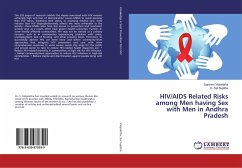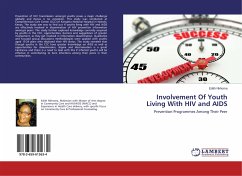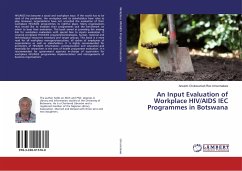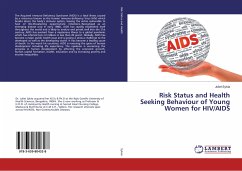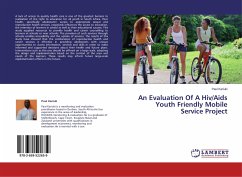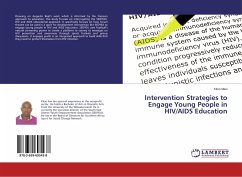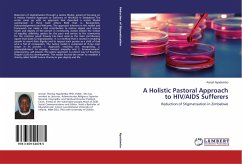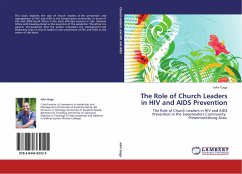This 335 pages of research exhibits the stigma associated with HIV remains extremely high and fear of discrimination causes MSMs to avoid learning their HIV status, disclosing their status, or accessing medical care. Data indicate that HIV disproportionately affects the most vulnerable in the society-those MSMs who have less access to prevention and treatment services and, as a result, often have poorer health outcomes. Further, in some heavily affected communities, HIV may not be viewed as a primary concern, such as in communities experiencing problems with crime, unemployment, lack of housing, and other pressing issues. Therefore, to successfully address HIV, we need more and better community-level approaches that integrate HIV prevention and care with more comprehensive responses to social service needs. Key steps for the public and private sector to take to reduce HIV-related health disparities are: - Reduce HIV-related mortality in communities at high risk for HIV infection.- Adopt community-level approaches to reduce HIV infection in high-risk communities. - Reduce stigma and discrimination against people living with HIV.
Bitte wählen Sie Ihr Anliegen aus.
Rechnungen
Retourenschein anfordern
Bestellstatus
Storno

